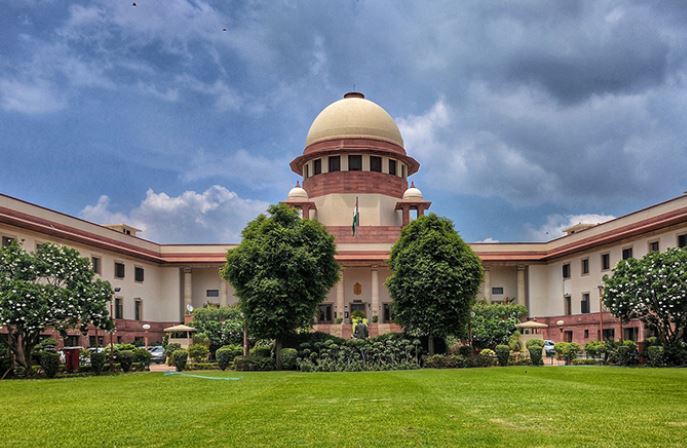NEW DELHI: In a far-reaching verdict aimed at decriminalising Indian politics, the Supreme Court directed political parties on Thursday to upload on their websites and social media platforms the details of pending criminal cases against their candidates, the reasons for selecting them and for not giving ticket to those without criminal antecedents.
It said these details should be published within 48 hours of the selection of the candidate or at least two weeks before the first date for filing of nominations, whichever is earlier.
“The political party concerned shall then submit a report of compliance with these directions with the Election Commission within 72 hours of the selection of the said candidate,” said the bench of Justices R F Nariman and S Ravindra Bhat.
The details should also be published on official social media platforms of the political parties, including Facebook and Twitter, and also in one local vernacular and one national newspaper, the apex court directed. The reasons for selecting candidates having pending criminal cases should be with reference to their qualifications, achievements and merit and not merely on “winnability” at the polls, it said.
“It appears that over the last four general elections, there has been an alarming increase in the incidence of criminals in politics,” the bench said referring to the data placed before it.
“We have also noted that the political parties offer no explanation as to why candidates with pending criminal cases are selected as candidates in the first place,” it said.
If a political party fails to submit the compliance report of the directives with the Election Commission, the poll panel “shall bring such non-compliance” to the notice of the Supreme Court “as being in contempt of this Court’s orders/ directions”, the bench said.
The apex court delivered the verdict on a contempt plea which had raised issues regarding criminalisation of politics in India and claimed that directions given by the top court in its September 2018 verdict relating to disclosure of criminal antecedents by candidates are not being followed.
The top court noted that 24 per cent of the MPs had criminal cases pending against them in 2004 while in 2009, it went to 30 per cent.
Further, in 2014, 34 per cent of MPs had pending criminal cases against them, which increased to 43 per cent in 2019.
In September 2018, a five-judge Constitution bench had unanimously held that all candidates will have to declare their criminal antecedents to the Election Commission before contesting polls and called for a wider publicity, through print and electronic media about antecedents of candidates. (PTI)





